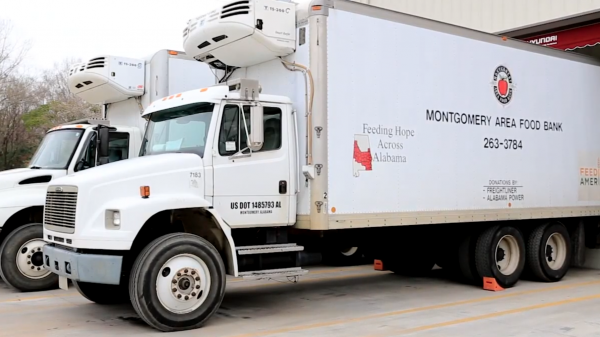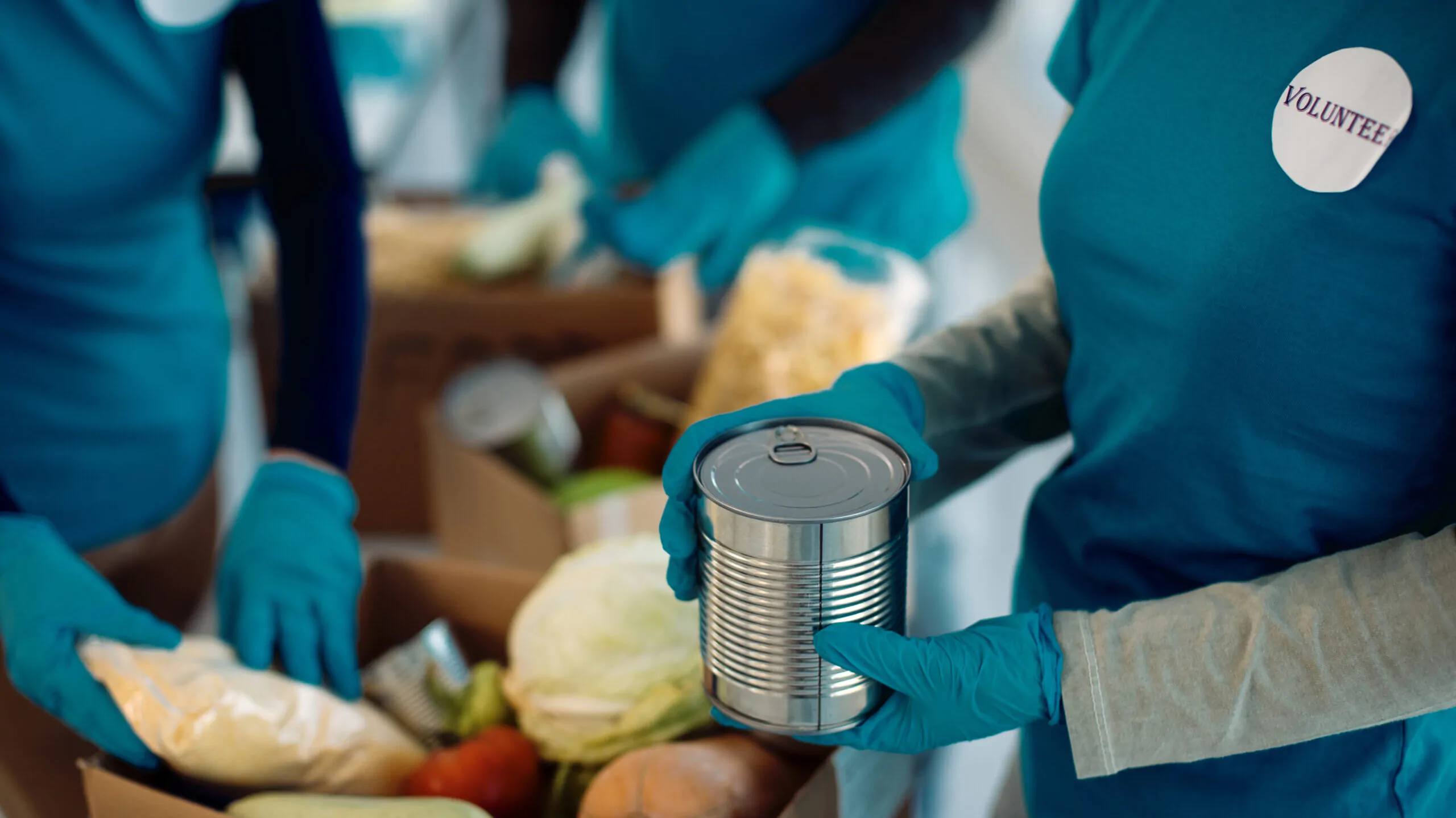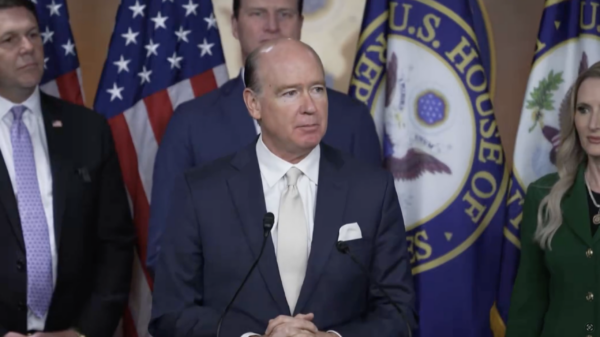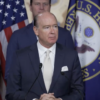Feeding the Gulf Coast, the food bank serving vulnerable communities across South Mississippi, South Alabama, and the Florida Panhandle, is raising urgent concerns about the proposed budget reconciliation package recently advanced by the House Budget Committee.
This legislation slashes SNAP by an estimated $300 billion and Medicaid by an estimated $880 billion over the next ten years, impacting tens of millions of Americans, while also proposing unprecedented authority to revoke nonprofit status and reducing nonprofits’ ability to raise funding by introducing changes to charitable tax deductions. These programs are lifelines for vulnerable Americans, including families, seniors, veterans, and individuals with disabilities — and shifts the burden to nonprofits already stretched thin.
“Along the Gulf Coast, we know how to prepare for a storm,” said Michael Ledger, president and CEO of Feeding the Gulf Coast. “This legislation has all the ingredients for a crisis: a nearly 3-year lapsed Farm Bill, reduced access to nutritious food, and threats to the nonprofits that serve on the front lines.”
The proposed bill also includes provisions that shift 5 percent of SNAP benefit costs to already-strained state budgets — an estimated $475 million across our Gulf Coast states. If states are unable or unwilling to absorb these costs these programs will suffer further. It remains unclear whether states are prepared to shoulder this burden or how they would fund it. It would also introduce administrative barriers that may disqualify people who are already working or caring for family members. In Mississippi, Alabama, and Florida, more than 70 percent of households receiving SNAP include children or older neighbors, making the potential impact even more devastating.
One in 6 of our neighbors, including 1 in 5 children, along the Gulf Coast are food insecure. In half of our counties, the number of children facing hunger is even higher.
“Newly released data shows an increase in our neighbors facing hunger. We are seeing more first-time visitors—hardworking people—at a time when discretionary federal funding sources and nutrition programs have been reduced or are coming under threat,” said Ledger. “In this critical time, we need strong federal support, not cuts.”
Key Concerns:
- Massive cuts to SNAP and Medicaid will result in more people in food lines and fewer resources to serve them.
- Changes to the Thrifty Food Plan will reduce SNAP benefits over time, even as food costs remain high.
- Proposed federal authority to revoke nonprofit status introduces a threat to charitable organizations, like Feeding the Gulf Coast, and it introduces changes to charitable deduction claims that could significantly affect donations to nonprofits.
- Rural hospitals and food systems along the Gulf Coast would be disproportionately harmed.
Feeding the Gulf Coast urges Congress to oppose cuts to food and health care programs and remove provisions that endanger the charitable sector’s ability to serve communities in need.
You can take action by contacting your elected officials to tell them you oppose cuts and policy changes that would hurt our most vulnerable neighbors, seniors, and children.

















































